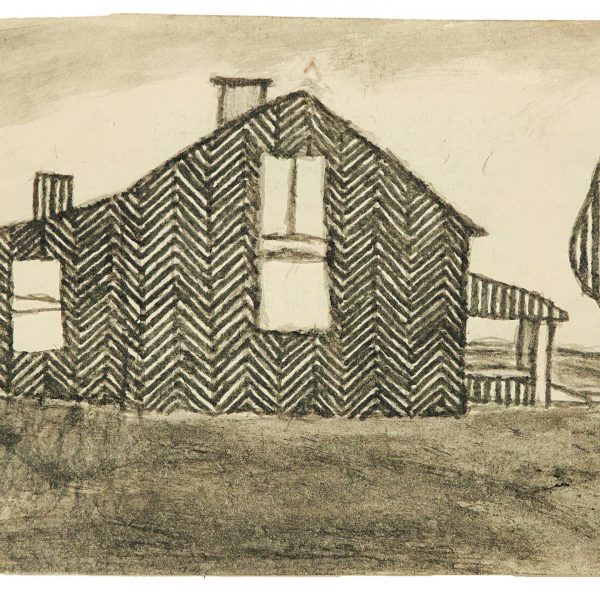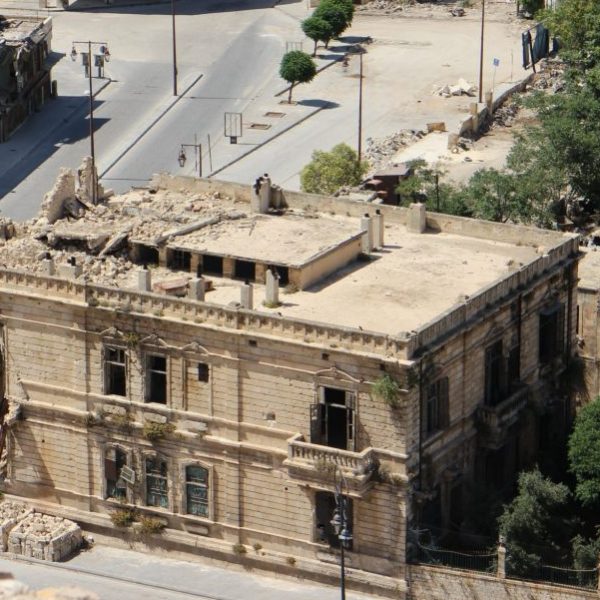David Lesch: The Westerner Who Knows Assad
Watch David Lesch on C-SPAN2’s Book TV
Around a year ago, David Lesch settled on a subtitle for his new book on the ever-changing Syria. He called it Syria: The Fall of the House of Assad. He admits to realizing, midway through the publishing process that Assad may not have fallen by the time the book went to press, writing:
But I have gone with this title for another reason: whether or not he remains in power, Bashar al-Assad, in my mind, has already fallen… This is the judgment of someone who got to know Bashar al-Assad fairly well and, at one point, has high hopes of him… Even if the event is more metaphorical than real, however, he has fallen in my estimation.
Through the on-going saga of the Syrian Civil War and the escalating powers of the discovery that Assad used chemical weapons on his own people, Lesch could not have been more apt in choosing his title. Once a shining beacon of hope for his country, Assad now stands at the center of a global emergency.
David Lesch probably knows Bashar al-Assad better than any other Westerner, having had unique access to the leader over the span of many years. After Lesch published his first book on the man, Assad insisted they continue to meet. And yet, as Lesch divulged in a recent NPR interview, he is disappointed but not surprised by the recent news developments. He said:
And so, I think, you know, for many of us inside and outside Syria were hoping that Bashar al-Assad would change the authoritarian system. And what I think ended up happening is the authoritarian system changed him. And I saw this on an incremental basis as time went on and when I met him, that I think he really started to believe the sycophants that normally surround an authoritarian leader that praise him out a daily basis. And I think it’s human nature that after a while you start to believe that praise.
And I think after surviving these major challenges to his regime after putting, you know, his people in power and becoming more comfortable with power, that he really started to develop a sense of triumphalism that he could survive anything; that it was his destiny to rule Syria and bring Syria into the limelight, you know, regionally and even internationally.
Perhaps it because the beginning of his rule seemed so hopeful – so progressive and pro-Western – that the global community is so shocked by the reports coming from Syria. And yet Lesch’s book does seem to claim that much of this failure can be blamed on the broken and narrow political world Assad inherited.
Lesch discusses the Obama administration’s hesitation to act, short of some unforeseen, dramatic event; now, the event has happened: the videos of citizens, children, writhing in pain at the hands of a chemical attack have been shown to the American public. President Obama drew a red line, which has now been crossed; the world is left waiting to see if a diplomatic solution can be reached. Syria has applied to become a member of the global anti-chemical weapons treaty, but the “clock is ticking,” says the New York Times. Until then, the threat of US force has not been eliminated.
While it remains to be seen how the United States and the rest of the world will move forward in the coming days, Syria: The Fall of the House of Assad, available as a paperback, provides a solid account of the complicated events that shaped Assad and the decisions of his rule.



























